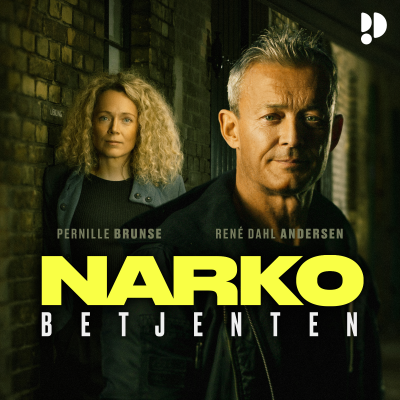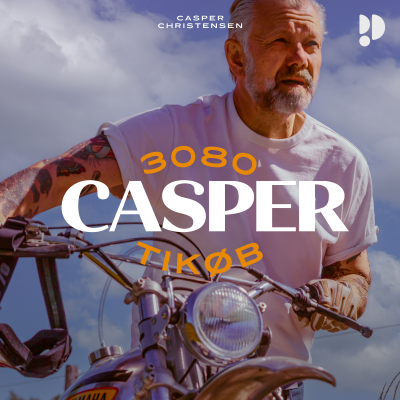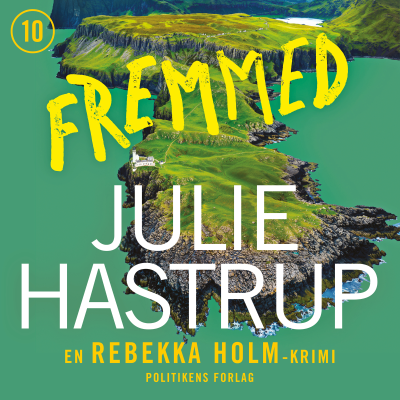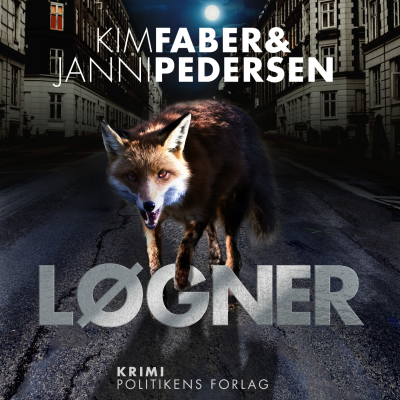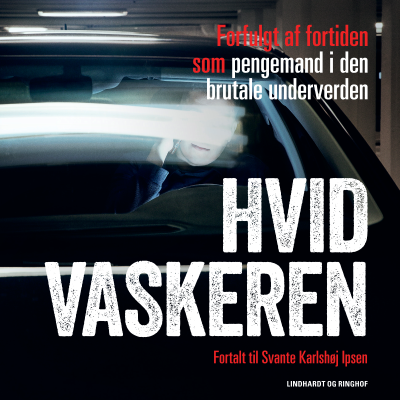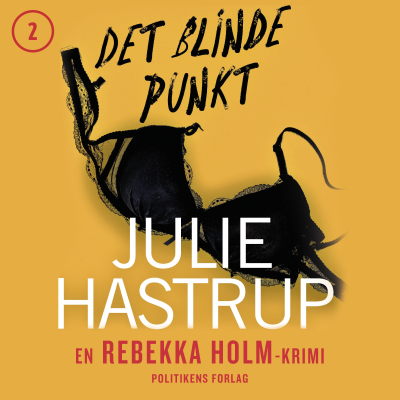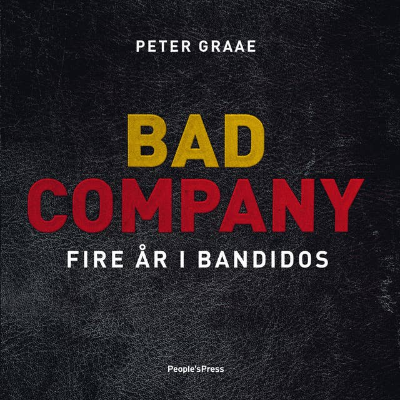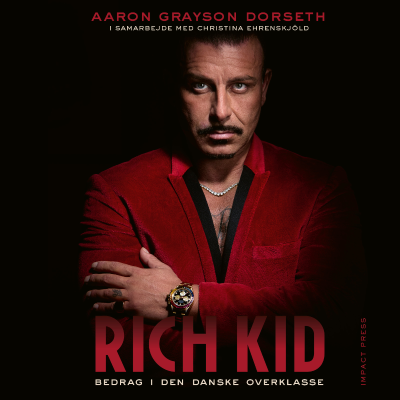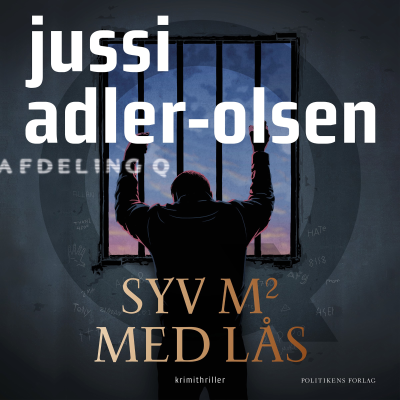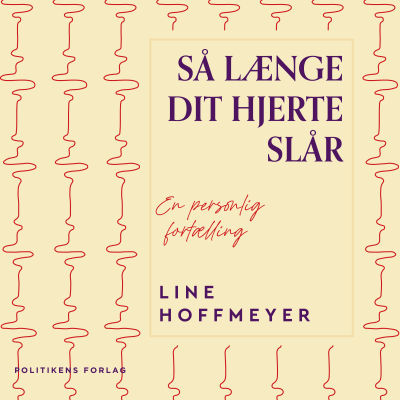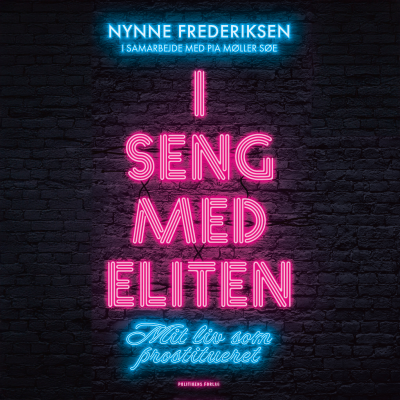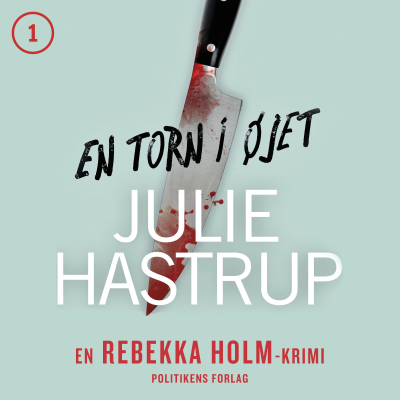
A Good Science Read
Podcast by Oxford University
Interested in science and the people behind the science? Looking for an informative, entertaining, thought-provoking and accessible read? Join Profess...
Start 7 days free trial
After trial, only 79,00 kr. / month.Cancel anytime.
All episodes
10 episodesProfessor Russell Foster and Professor Frances Ashcroft discuss The Red Queen: Sex and the Evolution of Human Nature by Matt Ridley and Dr Tatiana's Sex Advice to All Creation by Olivia Judson. Series 2 Episode 9 The Red Queen is an excellent and accessible overview of sexual evolution. It discusses why sex matters, why most organisms have 2 genders, why we are not all hermaphrodite, what strategies animals employ to pass on their genes, and how sex influences the evolution of human nature. Dr Tatiana's Sex Advice to All Creation is written like agony aunt advice column in which all kinds of animals ask for help with their sex lives. This provides the framework for a highly entertaining and informative discussion of the evolutionary biology of sex and the extraordinary variety of ways of reproduction employed by organisms from stick insects to chimpanzees. Russell Foster is Professor of Circadian Neuroscience at the University of Oxford and a Fellow of both Brasenose College Oxford and the Royal Society of London. His research concerns our circadian rhythms – the 24-hour cycles that are part of our internal body clock - and how they are regulated by light. He is also an expert on sleep. Websites https://www.ndcn.ox.ac.uk/team/russell-foster https://www.mattridley.co.uk/
Professor Richard Fortey joins Professor Frances Ashcroft to discuss Entangled Life by Merlin Sheldrake and Wilding by Isabella Tree. Series 2 Episode 8 Entangled Life is fascinating journey into the world of fungi - what they are, how they evolved, their hyphal networks below the ground, their mycorrhizal relationships with plants, their symbiotic interactions with algae in lichens, and the mind-altering chemicals they make. Wilding describes how the switch from intensive farming to minimal intervention led to a spectacular return of wildlife on the Knepp estate in Sussex, including rare species such as turtle doves, nightingales and purple emperor butterflies. Richard Fortey is a fellow of the both Royal Society and the Royal Society of Literature. He is the author of numerous popular science books and has presented many radio and TV programmes on natural history. His research has focussed on trilobites but he also has a passion for fungi. His most recent book is Close Encounters of the Fungal Kind. Websites https://royalsociety.org/people/richard-fortey-11450/ https://www.merlinsheldrake.com/ https://knepp.co.uk/
Professor Chris Miller and Professor Frances Ashcroft discuss 'Who We Are and How We Got Here' by the Harvard geneticist David Reich. Series 2 Episode 7: The book 'Who We Are and How We Got Here: Ancient DNA and the new science of the human past' is a compelling account of the origin of modern humans. Reich explains how our recent ability to study ancient DNA has dramatically revised our understanding of how humans spread all over the world. He describes evidence for interbreeding between ancient humans, Neanderthals and Denisovans and shows how we carry in our genes indications that we are descended from ghost populations that no longer exist but must once have done so. He considers how modern human populations are related to each other in ways no-one expected and ponders the implications of the human genome revolution for society. Chris Miller is Emeritus Professor of Biochemistry at Brandeis University and a member of the US National Academy of Sciences. Websites https://www.brandeis.edu/biochemistry/faculty/miller-chris.html https://reich.hms.harvard.edu/
Dr Roger Highfield joins Professor Frances Ashcroft to discuss Pain: A Ladybird Expert book by Irene Tracey and A Short History of Nearly Everything by Bill Bryson. Pain is a very short book but it encompasses everything you want to know about pain in a clear and informative way. What it is, how we measure it, why we need it, and how we can – and often alas, cannot – treat it. A Short History of Nearly Everything is a highly accessible and entertaining account that of the world we live on that ranges from the creation of the solar system, to the structure of the atom, plate tectonics, the rise of life, the development of modern humans and how your cells work. The book won the Royal Society Aventis Science Book Prize in 2004 and the Descartes Prize in 2005, and was the biggest selling non-fiction book of the decade. Roger is the Science Director of the Science Museum Group, a group of five museums that includes the Science Museum in London. He is also a Visiting Professor of Public engagement at the Universities of Oxford and University College London, a Fellow of the Academy of Medical Sciences and Honorary president of the Association of British Science Writers. Previously, Roger was the science editor of The Daily Telegraph for more than 20 years, and Editor of New Scientist for 4 years. He has written or co-authored nine books, most recently The Dance of Life, Symmetry Cells and How we become Human. Websites https://www.rogerhighfield.com/my-sites https://www.sciencemuseum.org.uk/home https://en.wikipedia.org/wiki/Bill_Bryson https://www.ox.ac.uk/about/organisation/university-officers/vice-chancellor
Professor Peter Burge joins Professor Frances Ashcroft to discuss Dust: The Modern World in a Trillion Particles by Jay Owens and The Species that Changed Itself or How prosperity reshaped humanity by Edwin Gale. Dust is all around us and we breathe it in with every breath we take, but it is not something most of think much about. Yet it impacts all our lives in multiple ways, causing environmental disaster and damaging our health. In Dust, Jay Owens combines history, politics, travel writing and science to tell the story of dust, from particulates that cause air pollution, to toxic dust from dried up seas, radioactive nuclear fallout and the role of dust in shaping the climate. The Species that Changed Itself combines biology, anthropology, history, epidemiology, and science with fascinating stories and literary references to tell the story of our phenotype. Our phenotype – the way we look and behave – things like height, weight, skin colour and so on, is determined by the interaction between our genes and our environment. But unlike all other species we have created our own environment and in doing so, Gale argues, we have reshaped ourselves - both our physical bodies and our behaviour. Peter Burge is an Honorary Consultant at the Oxford University Hospitals, a Departmental Lecturer in orthopaedic surgery at the University of Oxford and a past President of the British Society for Surgery of the Hand.
Available everywhere
Listen to Podimo on your phone, tablet, computer or car!
A universe of audio entertainment
Thousands of audiobooks and exclusive podcasts
No ads
Don't waste time listening to ad breaks when listening to Podimo's content.
Start 7 days free trial
After trial, only 79,00 kr. / month.Cancel anytime.
Exclusive podcasts
Ad free
Non-Podimo podcasts
Audiobooks
20 hours / month







